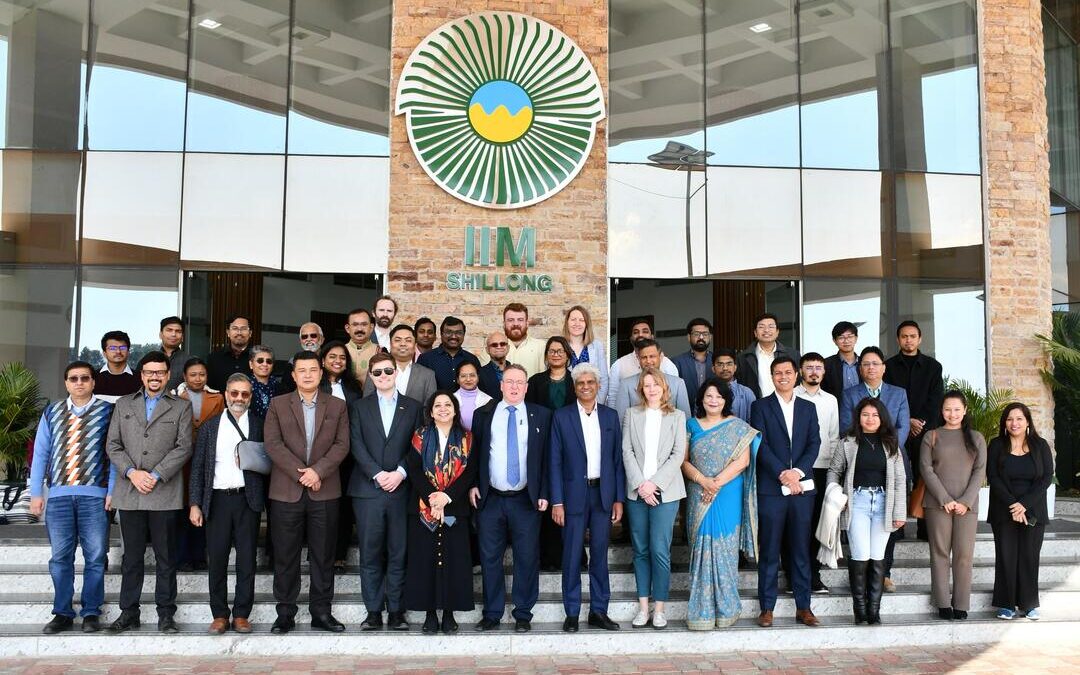UK, India to Establish AI Joint Center for Climate and Sustainability
The UK and India will launch an AI center to tackle climate change, sustainability and cybersecurity through collaboration in advanced technology.
The UK and India are planning to establish a joint center for artificial intelligence focused on climate, sustainability, finance and cybersecurity as part of a broader technology collaboration.
This initiative was highlighted at the UK-India Knowledge Exchange Workshop on AI-based climate modeling and policy making, which convened experts and policymakers in Shillong this week.
The two-day event, organized by the British High Commission in collaboration with the Indian Institute of Management Shillong and the Government of Meghalaya, aimed to enhance environmental sustainability through AI applications.
“This workshop marks a significant step in leveraging UK expertise and India’s regional knowledge to co-develop innovative solutions that protect communities and drive a net-zero future,” said Andrew Fleming, British deputy high commissioner to East & Northeast India in a statement.
The workshop, which included institutions such as the UK Met Office, University College London, University of Leeds and University of Oxford, reinforced the commitment to AI-driven climate adaptation strategies.
AI’s Role in Sustainable Development
IIM Shillong Director Professor DP Goyal highlighted AI’s potential to enhance climate modeling with precise data, benefiting sustainable initiatives like water conservation and energy distribution.
Professor Teidor Lyngdoh, chair of external relations at IIM Shillong, emphasized the need for discussions to translate into measurable outcomes.
Joshua Bamford, head of the tech and innovation team at the British High Commission in India, noted that the workshop aligned with the UK-India Technology Security Initiative, which includes the Joint Centre for AI as a cornerstone of collaboration in climate, sustainability, finance and cybersecurity.
Addressing Regional Climate Challenges
Dr. Albert Chiang of the Meghalaya Basin Development Authority stressed the urgency of addressing the region’s climate vulnerabilities, pointing to erratic rainfall and watershed degradation. He emphasized that AI-driven localized data analysis could provide a crucial roadmap for action.
Senior Climate and Energy Adviser Haimanti Poddar of the UK Foreign, Commonwealth & Development Office in Kolkata reflected on the initiative’s evolution since July 2024 from idea exchange to a high-impact collaboration.
Technical sessions covered climate challenges in Northeast India, AI-driven modeling best practices from the UK, and Indian innovations in the field.
Experts from India’s Ministry of Environment, Ministry of Earth Sciences, IIT Bombay, IIT Delhi, Cochin University of Science and Technology and other institutions contributed insights.
The event set the stage for further AI-powered climate initiatives, reinforcing UK-India cooperation in tackling environmental challenges.
Also Read:
Generative AI, Climate Investments Drive Optimism Among CEOs: PwC Report

